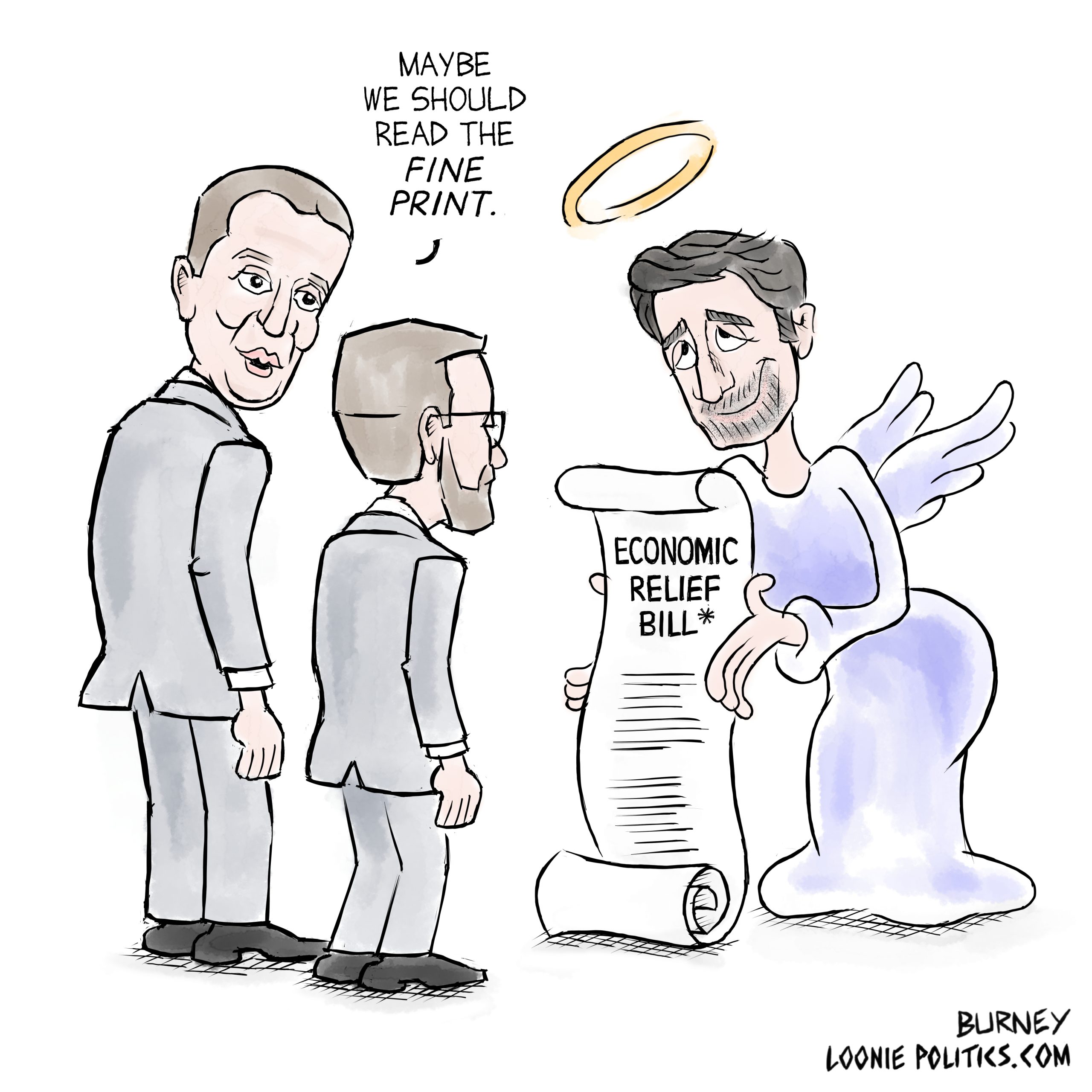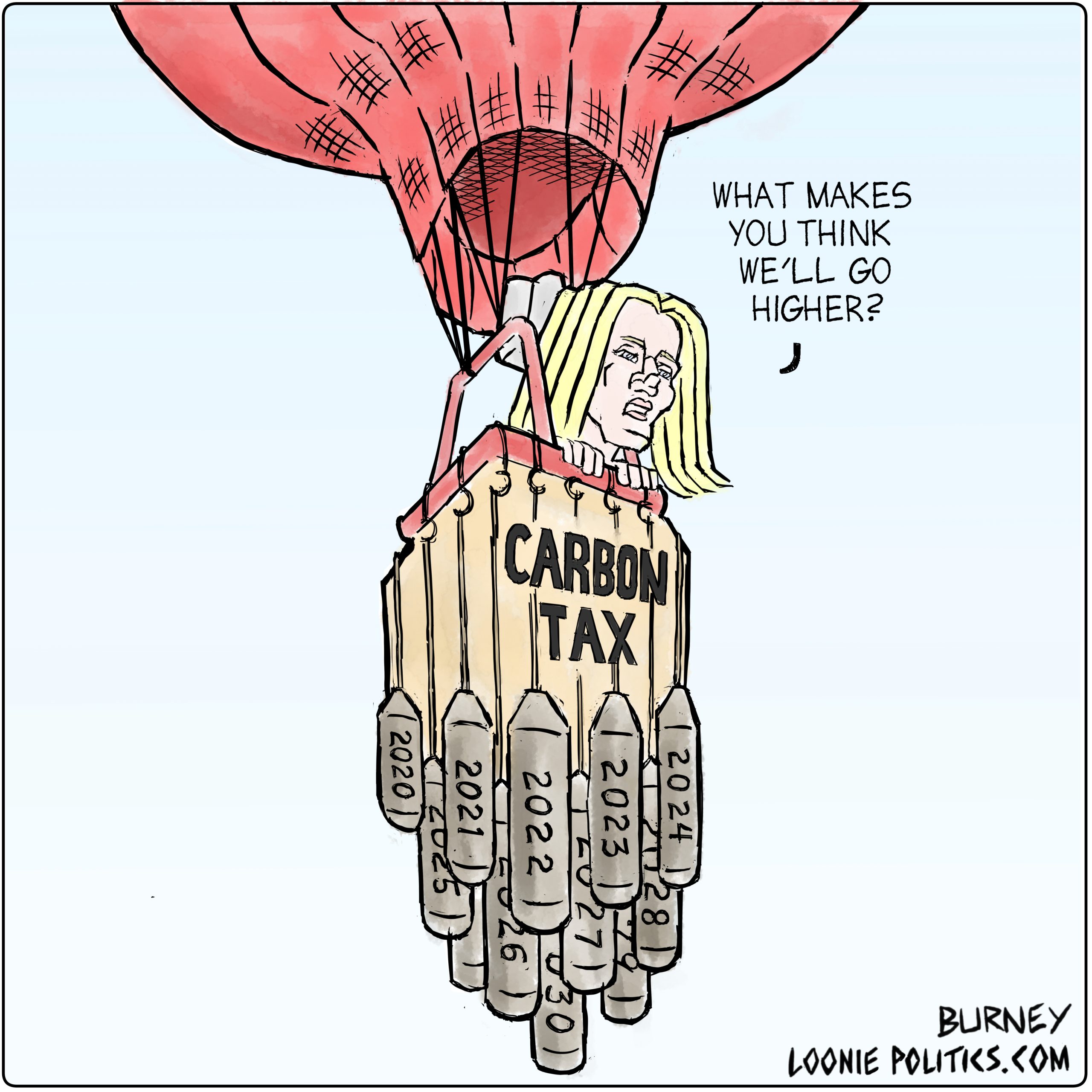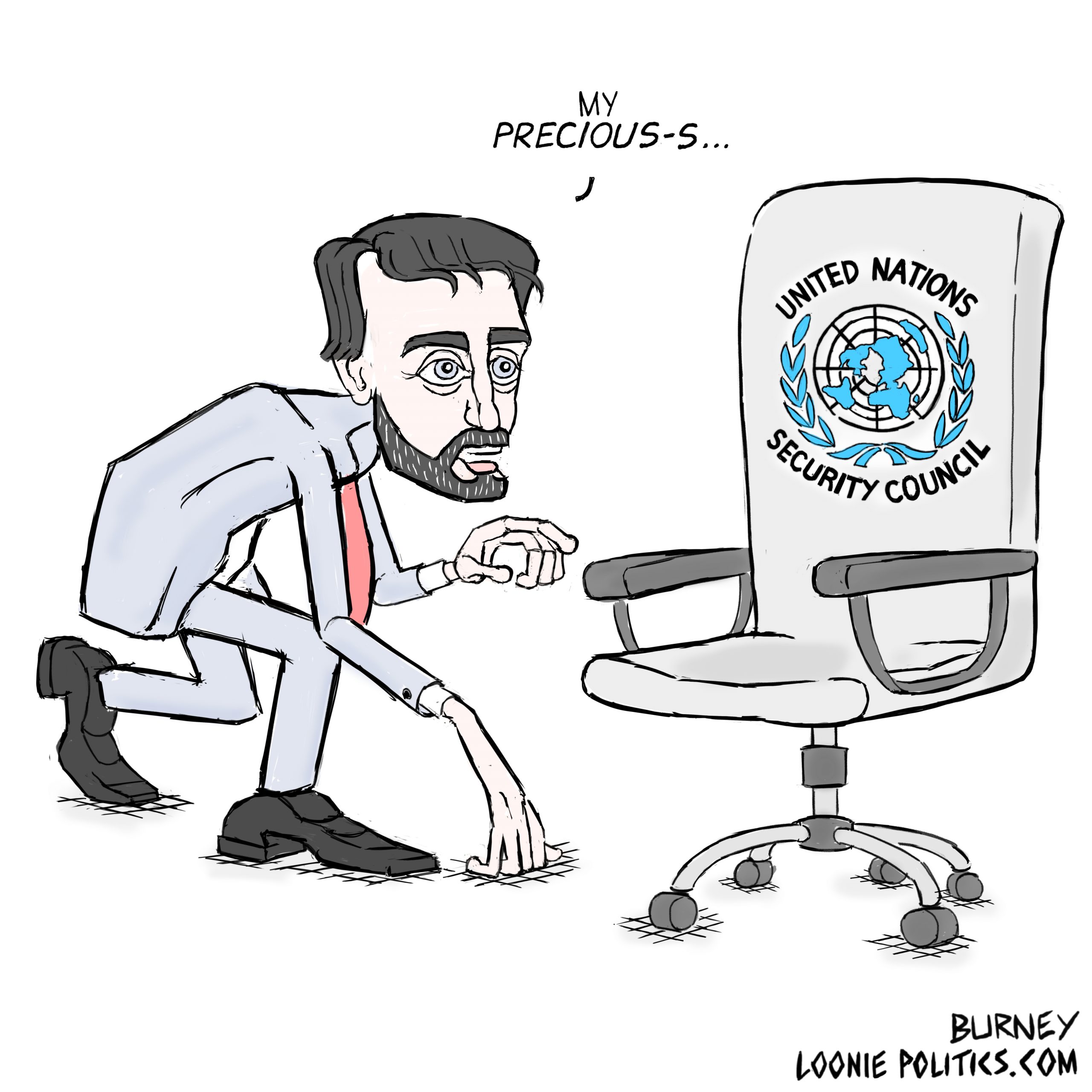As part of his inaugural address on January 20, 1981, newly sworn in President of the United States, Ronald Reagan, repeated his infamous catchphrase,"Government is not the solution to our problem. Government is the problem."
With those words, Reagan captured the sentiment of much of the United States public.
Trust in government, indeed, in the post-war consensus which had held dominant since 1945, had been eroding for years. The twin crises of Watergate and the Vietnam War had dealt near fatal blows.
Yet still, faith in government held. For a time, it even received a brief wave of rejuvenation, what with Jimmy Carter's 1976 election to the White House. More than anything, Carter's campaign platform was one of restoring trust and transparency in government.
Unfortunately, that faith in government didn't last long.
In 1979, the Iranian Revolution occurred, resulting in massive disruptions in the oil industry and a curtailment of production and exportation alike. Inflation soon reared its ugly head, with gasoline shortages becoming all too common in the United States.
As if this wasn't challenging enough for the Carter administration, but later that same year, dozens of American diplomatic personnel were kidnapped and held hostage by militant Iranian college students.
While Carter had his fair share of achievements during his time in office, he nonetheless failed to convey the image of a strong and decisive leader equipped to confront these challenges.
He lost the ensuing election to Reagan, who rode in his victory on a wave of anti-government sentiment.
Within no time at all, Reagan embarked on his neoliberal, anti-government agenda by cutting taxes, largely for the benefit of the very wealthiest in America and to the detriment of federal coffers.
Similar events took place across the western world.
Margaret Thatcher brought neoliberal, anti-government sentiment into the United Kingdom even earlier, and even more forcefully, than Reagan. She was able to do so after faith in government was similarly ebbing, again as a result of sky-high inflation as well as increasing labour strife during the 'Winter of Discontent.' Thatcher's 1979 election victory ushered in an entirely new era of austerity, deregulation and privatization.
In typical Canadian fashion, neoliberalism came later, and more nuanced, once Brian Mulroney came into office in 1984. While no ruthless slasher of social programs, Mulroney nonetheless had no qualms about privatizing countless crown corporations, all while pursing corporate friendly free trade agreements with the United States and Mexico, at the loss of both Canadian jobs and sovereignty.
Not surprisingly, income and wealth inequality skyrocketed in the decades since. It is now at levels unseen in almost a century. Not only this, but middle-class wages have stagnated, while union membership has fallen.
And it has remained much the same to this very day.
Faith in government as a constructive force may yet return, though somewhat unintendedly, what with the onset of the deadly COVID-19 pandemic.
With citizens around the world now being strongly advised, even mandated into quarantine to help limit the spread of the virus, economic activity has plummeted. As a result, household income has fallen while unemployment continues to rise precipitously. Canada's parliamentary budget watchdog has now even forecasted that the country's unemployment rate could climb up to 15 per cent by the end of the year.
With such dire economic uncertainly rife throughout Canada, and indeed, much of the world, citizens are now more than ever in desperate need of government aid.
To an extent, Canadian governments, both federal and provincial, have altered course to help address this need. Wage subsidies, extended employment insurance and a moratorium on student loan payments are among several new policies that have been introduced to strengthen Canada's social safety net.
Deficit spending is also no longer the bogeyman long claimed by its hysterical critics, now that the federal government is projected to spend an extra $100 billion or so to counteract the economic consequences of the virus. Indeed, all governments will similarly find themselves deep in red ink.
It's as it should be.
For forty years, Canadian governments, of all political stripes, have largely shed their responsibility in defending its citizens from economic hardship.
Officials now have an opportunity to restore the role of government as one that prioritizes the health and economic security of all its citizens, and not just for those most wealthy.
Instead of being just a complicit enabler for the super-rich, government can return to its previous role, where it at least retained the semblance of a proactive defender of its citizens.
If there is one positive development to emerge from the aftermath of the COVID-19 pandemic, hopefully it is that every day citizens come to demand more from their elected representatives and their governments, not only during this crisis, but after it as well.
Photo Credit: Jeff Burney, Loonie Politics










